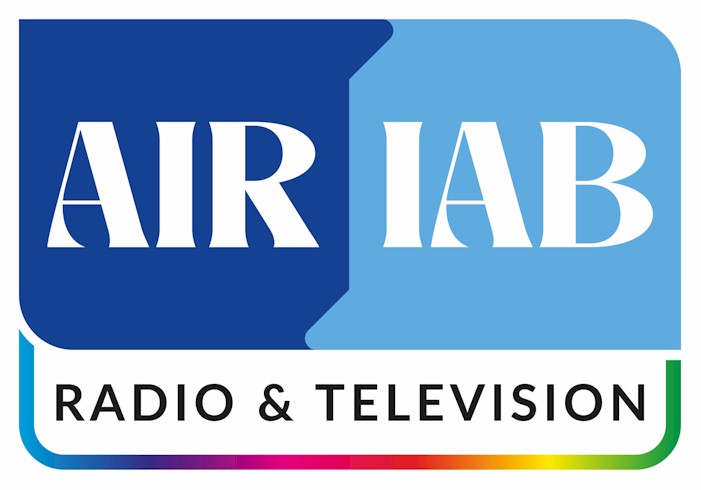IAB Report Predicts More ‘Challenging’ Digital Ad Business Ahead, Thanks To New Privacy Laws.
Streaming radio and podcasting are better positioned for the eventual end of the cookies used by digital ad sellers to target campaigns. But the audio industry is not isolated from the change altogether. Not only are website ads often cookie-based, but how marketers are shifting their strategies is also likely to impact audio companies in the years to come.
“While Google’s decision to postpone the deprecation of third-party cookies until 2024 may feel like a reprieve, the industry is far from off the hook,” Interactive Advertising Bureau CEO David Cohen said. He believes the digital ad industry is already operating with “significantly less signal” in the wake of changes made by Apple, Firefox, and others geared to strengthening their users’ privacy. By IAB estimates, 50% to 60% of the data that ad buyers once used is no longer available. Cohen says that leaves the industry looking for answers that work for both the public and advertisers alike.
“Consumers need transparency and control,” Cohen said. “We need addressability and measurement solutions that are privacy-by-design and fully compliant with state, federal, and international standards.”
Gauging The State Of Cookies
Given the current trajectory of state-level privacy legislation in California, Colorado, Virginia, Utah and elsewhere, and federal legislation now being debated in Congress, IAB says managing the variety of legal standards will be “challenging” for marketers. To help gauge where things stand today, IAB has released the second part of its State of Data 2022 report, which includes several recommendations based on in-depth interviews conducted by MediaScience with 30 senior-level, data decision-makers at brands, agencies, and publishers.
The report marks the fifth year and sixth installment of the research, which aims to understand market readiness for rapid shifts around data use, privacy and addressability. At stake is how $189.3 billion in U.S. digital advertising industry will move ahead.
The group of senior-level data decision-makers interviewed agreed consumer trust is paramount, but they also think the ad community has yet to find an effective and transparent way to communicate to the public the data value exchange.
“Overall, there is a lack of communication with consumers regarding how their data is being used by companies for monetization in support of their businesses, and how that, in turn, powers the creation of personalized consumer experiences, products, and services,” the report says.
As more privacy legislation is adopted, executives also said complying with the patchwork of regulations is becoming more challenging for companies – both internally and with third-party vendors. The majority of those interviewed agreed that the most logical approach is to apply conservative, "one size fits all" approaches across multiple jurisdictions. The tradeoff is that marketers could miss out on opportunities to leverage data across state lines, where they are still allowed to do so.
The IAB report also reveals a “disconnect” between companies’ self-stated sense of preparedness for the loss of third-party cookies and knowledge of what current laws say. There is also some disagreement about how big an impact the loss of third-party cookies and identifiers will have on their bottom line. Some executives said it’s still too early to tell, while others estimated they will take as much as a 25% hit on revenue. “There was consensus that smaller businesses are likely to be more heavily impacted due to a lack of funds or infrastructure to keep pace with future solutions,” it adds.
More Communication With Consumers
The IAB report lists several recommendations for the digital ad business based on what decision-makers said. That includes going beyond simply prompting consumers to opt-in to cookie use. Instead, it suggests offering consumers a clear opportunity to select the specific types of data they are willing to allow for business purposes, including for advertising.
Beyond leveraging email addresses, which are likely to face restrictions in the future due to privacy laws, the report also recommends companies further invest in first-party data and look to third-party sources to enrich that data.
“With third-party cookies, the sky has been falling for more than a decade. No wonder there’s a deepening disconnect between how prepared senior-level, data decision-makers feel, and how prepared they actually are,” said Angelina Eng, VP of the IAB’s Programmatic+Data Center. “But no matter what happens with cookies, the rising tide of patchwork regulation is already here.”
In fact, the report says the biggest threat to the digital ad industry is not the loss of third-party cookies and identifiers according to those surveyed. Instead, they think it is the privacy laws themselves, and the potential for inconsistent or “poorly crafted” privacy regulation.
- Source: Inside Radio
